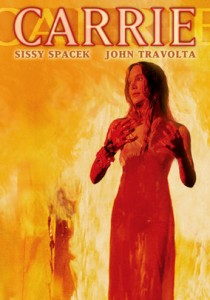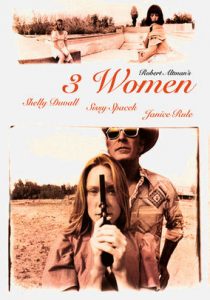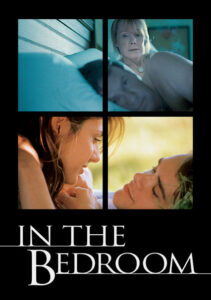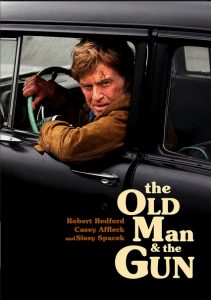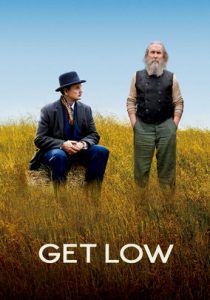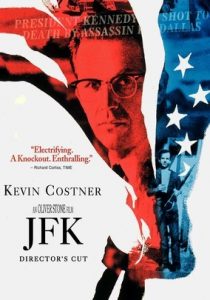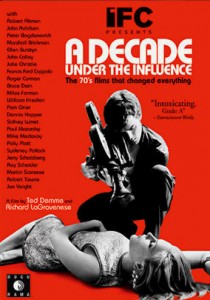Carrie-1976
Director Brian De Palma
Starring Sissy Spacek, Piper Laurie
Top 250 Films #63
Top 40 Horror Films #14
Scott’s Review #325
Reviewed January 5, 2016
Grade: A
Carrie is a 1976 horror film adapted from Stephen King’s novel of the same name.
Many King adaptations have failed, but Carrie (along with The Shining) is among the best.
Going beyond the scope of horror and receiving more than one major Oscar nomination (largely unheard of in horror), Carrie influenced films and filmmakers for decades beyond its release.
This is due mainly to the dream-like and breathtaking direction of mood master Brian De Palma.
By this time (2016), the film and the character of Carrie White were legendary.
Carrie (Sissy Spacek) is a lonely suburban teenager, ostracized by her classmates for being “weird”. Her mother (Piper Laurie) is a devout Christian who spreads the word of god amongst the neighbors.
Carrie has a special ability to move things, usually during anger- this is called telekinesis.
After a humiliating incident in the girl’s locker room when Carrie begins menstruating, one of the nicer girls in the class, Sue Snell (Amy Irving) feels sorry for Carrie and convinces her boyfriend, Tommy Ross, to take Carrie to the prom.
When others in the class take revenge upon Carrie with a sick joke, things take a horrific turn.
Betty Buckley as the empathetic gym teacher, Miss Collins, and John Travolta and Nancy Allen, as dastardly Billy and Chris, also star and are perfectly cast.
The direction in the film is second to none. De Palma adds interesting camera work throughout the film.
During a tender, lovely prom dance between Carrie and Tommy, the camera circles the pair repeatedly, giving a spellbinding, but not dizzying quality.
The use of slow-motion in the important “pig blood” scene is immeasurably effective.
The seemingly eternal time it takes for the blood spilling to occur, and the camera (in slow motion) goes from Sue to Miss Collins to Chris to the bucket of blood is fantastic.
The list of inspired and intense scenes goes on and on- from the climactic scene between Carrie and Mrs. White to the “jump out of your seat” final scene.
The acting is also worthy of high praise. Spacek and Laurie deservedly received Oscar nominations for their work. Spacek elicits so much rooting value into her role with a shred of psychosis bubbling just beneath the surface.
Carrie wants to fit in and have a happy life so the audience is immersed in her corner and celebrates her short-lived happiness with Tommy at the prom. Spacek is just perfectly cast.
Laurie on the other hand exudes crazy in every sense, but we do feel pangs of sympathy for her. We largely believe she cares for her daughter and wants to protect her from the dangerous world.
Carrie (1976) is a masterpiece that continues to hold up well and influence generations who can relate to school bullying, taunting, and the desire to see the nasty popular kids get their just desserts.
More than a great horror film, it is a revered classic with a dreamy, moody vibe.
One of my all-time favorites.
Oscar Nominations: Best Actress-Sissy Spacek, Best Supporting Actress-Piper Laurie
